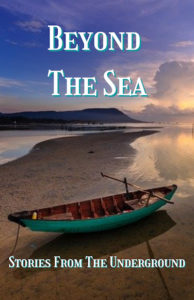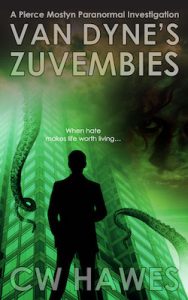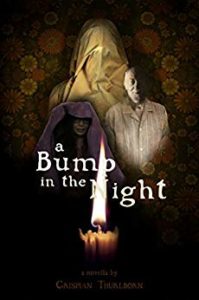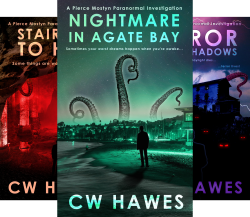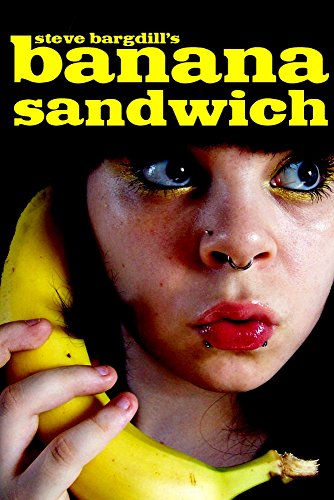We’ve all heard the numbers. Over 7 1/2 million books on Amazon. Over 3,500 new titles added every day.
The gurus tell us we can beat the odds and become a bestselling author. All you have to do is pay them hundreds or thousands of dollars. And they will make it happen.
Hundreds or thousands of dollars? For one book? But, hey, it’s only money and they guarantee that your book will hit some bestseller chart (usually obscure) on Amazon.
The questions I ask are:
-
-
- A bestseller for how long?
- Will I earn back my investment?
- Can I duplicate the results on my own?
-
The odds are you won’t earn back your investment any time soon. Nor will you be able to duplicate the results on your own. Because if you did, the guru just lost a potential future customer and maybe created a rival. And that’s bad for business.
As for how long your book will be on the bestseller list — does it matter?
No, I don’t think it does. Because a bestselling book that ends up losing you money is simply a loss. No matter how many copies you sell.
Think about this: aside from Patterson, Rowling, or King, name me a bestselling author from 20 or 30 years ago. Fame is indeed fleeting.
And if you can name one, that’s only one writer among many, many tens of thousands. That’s something to think about.
Bestselling fantasy author Brandon Sanderson blew the lid off Kickstarter setting an all time record of over $41 million in pledges for his latest campaign. All I can say is that it got my attention. (If being a bestselling author was so great, why was he doing a Kickstarter?)
I took Dean Wesley Smith’s free Kickstarter workshop and took a long look at whether or not Kickstarter was a viable platform for me.
And that’s a valid question to ask about any platform. Is it valid for me?
Let’s face facts. Amazon is glutted. The odds of anyone finding your book are pretty doggone remote.
Most people don’t look beyond page 1 or 2 of the search results. If your book isn’t showing up there, for all intents and purposes — it doesn’t exist.
Couple the above with the fact that a search returns more sponsored ads and Amazon promos than search results — so there’s even less chance for someone finding your book on a search. Even if your keywords are perfect.
To put all of our auctorial eggs in the Amazon basket is, in my opinion, just plain stupid. I didn’t always think so. But years of minuscule sales have convinced me otherwise. There’s just too much competition, no matter what category you put your book in.
Practically speaking we independent authors are also independent publishing houses. Which means, whether we like it or not, we are businesses. Our job is to sell our books. Does it make sense to try to sell your wares in an overcrowded marketplace?
If you were selling apples, would it make sense for you to go to the same place where everyone else was selling apples?
Might you not get better results adopting a different sales plan?
Why do you think these gurus are teaching courses and selling their services? It’s easy money compared to selling books.
Remember: the people who got rich in the California Gold Rush weren’t the prospectors. It was the people selling stuff to the prospectors.
In my tooling around on the Kickstarter site, I was surprised at the number of authors who are in fact funding their projects. Sure there are a lot that don’t fund — but there are a lot that do.
I’ve supported a half-dozen projects and gotten loads of goodies in addition to the items I pledged for. Plus I found myself a couple new authors I want to follow. I’d say that was a win-win situation. Win for the author and a win for me, the reader.
I just finished writing the 9th Pierce Mostyn Paranormal Investigation. I’m going to use it to test the Kickstarter waters.
If I’m successful, I plan on doing more Kickstarters and will hopefully build an audience there, plus earn some cash along the way to fund my business. Others are doing so. Why can’t I?
And remember: Dean Wesley Smith has a FREE workshop to help you get started on developing a successful Kickstarter campaign. He’s run many successful campaigns.
Get the workshop here: https://wmg-publishing-workshops-and-lectures.teachable.com/p/kickstarter
If you are a fiction writer and haven’t gotten any traction on Amazon, perhaps Kickstarter is a place you need to consider as an option.
My thought is this: if there are too many cooks in the kitchen — find another kitchen.
Comments are always welcome. And until next time, keep thinking outside the Amazon box.
 CW Hawes is a playwright, award-winning poet, and a fictioneer, with a bestselling novel. He’s also an armchair philosopher, political theorist, social commentator, and traveler. He loves a good cup of tea and agrees that everything’s better with pizza.
CW Hawes is a playwright, award-winning poet, and a fictioneer, with a bestselling novel. He’s also an armchair philosopher, political theorist, social commentator, and traveler. He loves a good cup of tea and agrees that everything’s better with pizza.
If you enjoyed this post, please consider buying me a cup of tea. Thanks! PayPal.me/CWHawes
Share This!